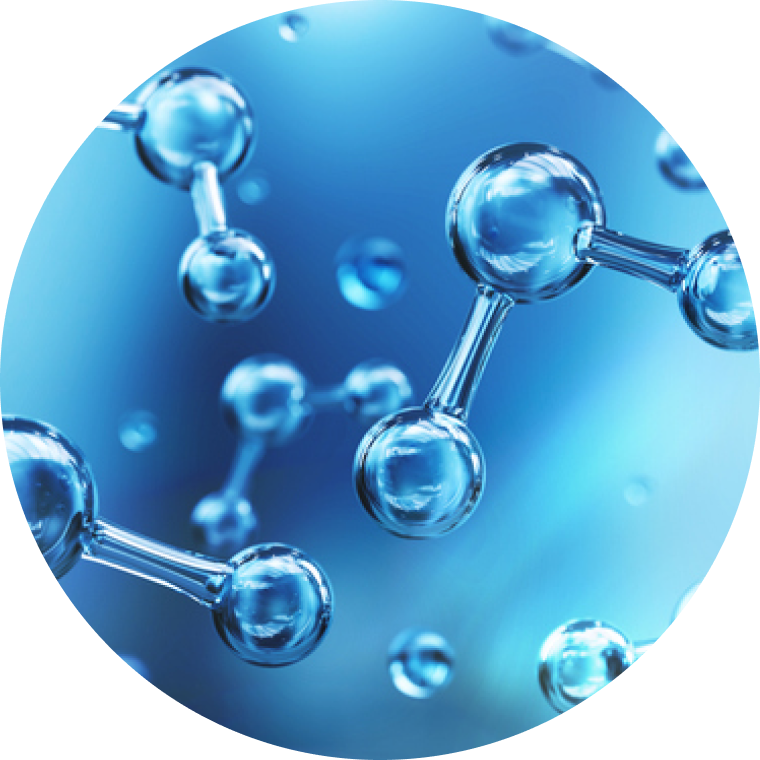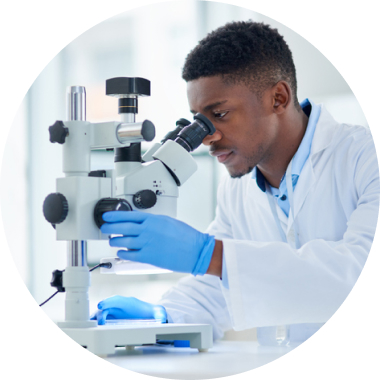How can data science be used in lab automation?
Most research and pharmaceutical laboratories have largely adopted lab automation hence removing the need for human input, especially in repetitive tasks/routines. With the integration of data science in lab automation, these automation systems have become ‘intelligent’.
Automated systems in labs, each tasked with performing particular routines, can be controlled from a centrally-integrated system in the laboratory. When each independent system churns data from its operations, the data is stored in a cloud-based platform. Algorithms, such as those of AI and machine learning, are then set on the big data to derive insights. The centrally-integrated systems can then utilize the insights to make the automation systems more efficient. The automated systems can even conjure up novel protocols for effectively performing lab operations hence mimicking human cognitive capabilities.
Therefore, as depicted, when data science is integrated into lab automation, the automated systems evolve from mundane to intelligent. The intelligent lab systems can even autonomously readjust operations when lab results are unsatisfactory, halt routine procedures when a mistake occurs, or call for human intervention when a lab machine is performing sub-optimally. The lab can even be left to operate overnight with only minimal human oversight.
The impact of data science analytics is even more powerful when several laboratories combine their data in one cloud-based system and utilize data management tools. These different laboratories can have a protocol for standardizing and annotating their data, before sending it to the cloud. Such collaboration from different automated labs should result in even larger data for modeling with AI and machine learning algorithms. The bigger, and more diverse, the data sets the greater the veracity of insights gathered from the analytics.
Ultimately, lab automation relieves the human personnel in the laboratories from doing repetitively mundane tasks and shifts their focus towards tasks that require critical thinking.



